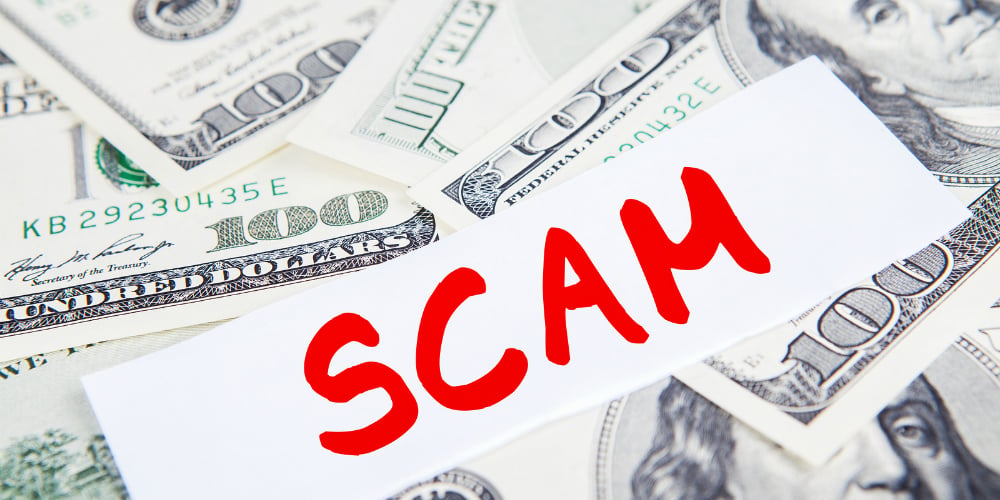Tax day’s Dirty Dozen scams

As Tax Day draws near (Tuesday, April 17 this year), the Internal Revenue Service has released its annual “Dirty Dozen” list of tax scams.
The list also serves as a reminder that consumers are legally responsible for the information submitted on their tax return, even if it is prepared by someone else. The takeaway? Be aware and alert. Take the time to understand your tax return before signing. If something sounds too good to be true, it likely is.
Here’s the IRS’ list of the top 12 tax scams:
- Phishing
The IRS will never initiate contact with taxpayers via email about a bill or tax refund. Don’t click on one claiming to be from the IRS.
- Phone scams
The IRS does not call and threaten you with police arrest, deportation or license revocation.
- Identity theft
Shred personal documents, check your accounts and report fraud immediately.
- Return preparer fraud
Be on the lookout for unscrupulous return preparers.
- Fake charities
Take a few extra minutes to ensure the charities you are donating to are real.
- Inflated refund claims
Warning bells should ring if someone asks you to sign a blank return, promises a big refund before looking at your records or charges fees based on a percentage of the refund.
- Excessive claims for business credits
Make sure you are claiming the right tax credits.
- Falsely padding deductions on returns
Think twice before overstating deductions, such as charitable contributions and business expenses, or improperly claiming credits, such as the Earned Income Tax Credit or Child Tax Credit.
- Falsifying income to claim credits
This scam can lead to facing large bills to pay back taxes, interest and penalties.
- Frivolous tax arguments
Promoters of frivolous schemes encourage you to make unreasonable and outlandish claims about the legality of paying taxes despite being repeatedly thrown out in court. The penalty for filing a frivolous tax return is $5,000.
- Abusive tax shelters
Be on the lookout for people peddling tax shelters that sound too good to be true.
- Offshore tax avoidance
It can be a bad bet to hide money and income offshore.





